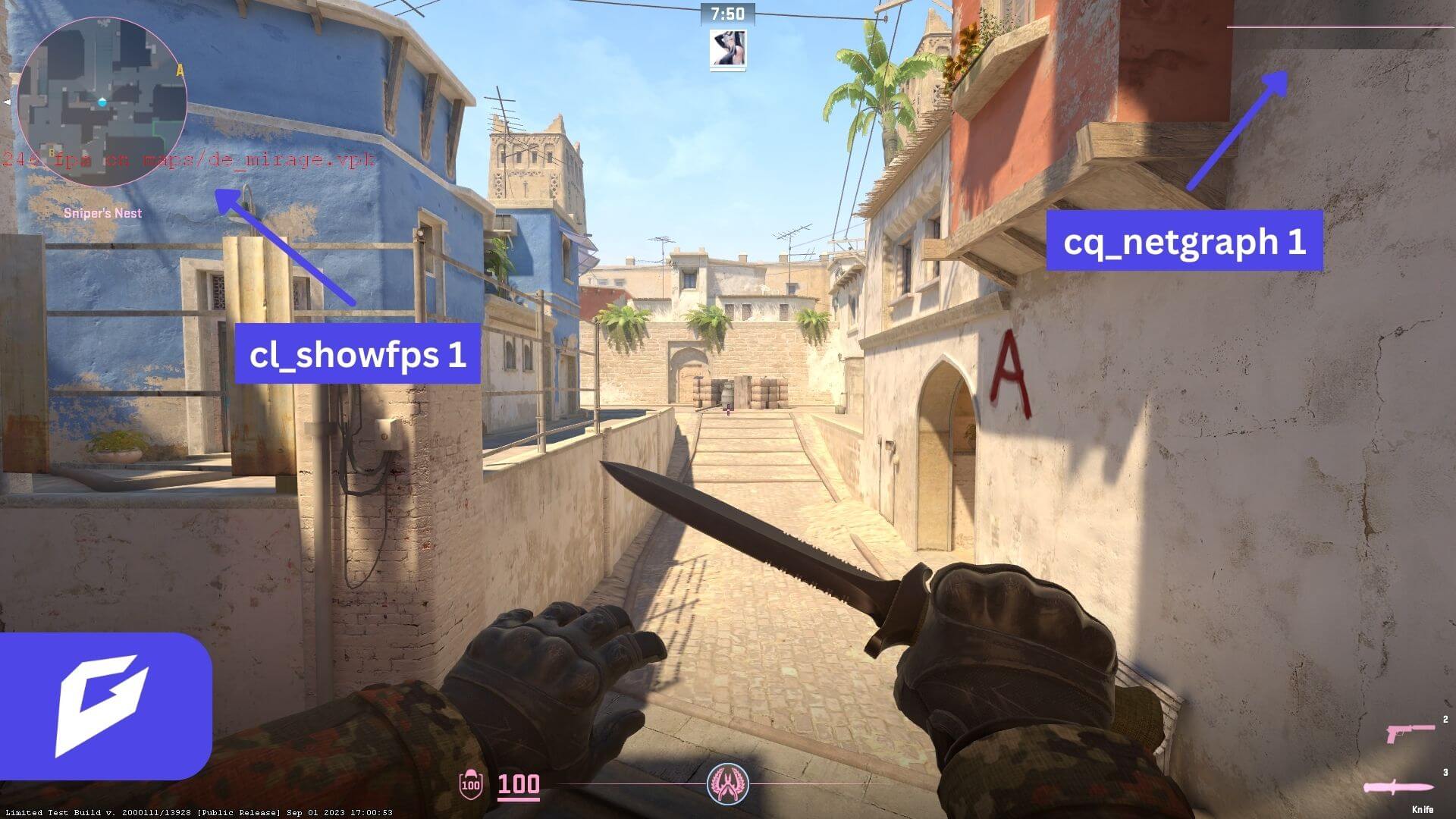The Insight Hub
Your go-to source for the latest insights and news across various topics.
When Friendships Go Headshot: The Dark Side of CSGO Teamkill Penalties
Discover the shocking truth behind CSGO teamkill penalties and how friendships can turn deadly. Explore the dark side of gamer camaraderie!
Exploring the Consequences: How Teamkill Penalties Affect CSGO Gameplay
In the competitive landscape of CSGO, teamkill penalties serve as a crucial mechanism to maintain fair play and team cohesion. When a player inadvertently or maliciously eliminates a teammate, the repercussions can be immediate and severe, potentially impacting the overall outcome of a match. These penalties can range from point deductions to temporary bans, prompting players to think twice before taking questionable shots. The psychological weight of this consequence not only discourages harmful behavior but also fosters a sense of accountability among players, leading to more strategic gameplay.
Furthermore, the implementation of teamkill penalties has significant implications for gameplay dynamics. Teams may adopt more conservative tactics, prioritizing communication and coordination to avoid accidental kills. This shift can enhance teamwork and improve the overall skill level of players as they learn to navigate not just the gameplay mechanics but also the intricate social dynamics involved in team-based combat. As a result, understanding how these penalties affect player behavior is essential for anyone looking to improve their game and navigate the competitive arena of CSGO.

Counter-Strike is a popular tactical first-person shooter franchise that pits teams of terrorists against counter-terrorists in objective-based gameplay. One of the unique weapons players can use is the kukri knife cs2, which adds an interesting dynamic to close-quarters combat. The series has evolved significantly over the years, with Counter-Strike 2 introducing new features and enhancements that keep the gameplay fresh and engaging.
From Allies to Adversaries: Understanding the Psychology Behind Teamkills
The phenomenon of teamkills in competitive gaming can often feel perplexing and frustrating for players. Initially, what is supposed to be a collaborative effort can devolve into hostility and misunderstanding. Psychologically, this shift from allies to adversaries typically stems from factors such as stress, frustration, and a misalignment of goals. Players may become overwhelmed by pressure, which can lead to rash decisions, ultimately resulting in unintentional harm to teammates. This reaction can heighten tensions within the group, turning teammates against each other, while also affecting overall team dynamics.
Understanding the psychology behind teamkills requires a closer look at interpersonal relationships within the game. Often, emotional responses like anger or jealousy can trigger retaliatory actions, transforming friends into foes in a matter of seconds. According to psychological studies, group cohesion plays a critical role in success; when that cohesion is breached due to teamkills, it can lead to a downward spiral. Finding strategies to improve communication and set clear goals can help mitigate the risks of these incidents, allowing teams to remain focused and united rather than divided.
Is the Punishment Worth the Crime? Debating CSGO's Teamkill Penalty System
The debate surrounding CS:GO's teamkill penalty system raises important questions about fairness and accuracy in the game's competitive environment. Players often find themselves in heated situations where unintended teamkills can lead to severe penalties, such as being kicked from a match or facing matchmaking restrictions. This dilemma prompts gamers to ask: Is the punishment worth the crime? While some argue that strict penalties deter players from recklessly shooting teammates, others believe that the system is too harsh, especially when the teamkill is accidental. Balancing the need for accountability with the recognition of genuine mistakes is crucial to fostering a positive gaming experience.
Moreover, the impact of this penalty system extends beyond mere statistics; it shapes player behavior and the overall community dynamics. When someone faces severe consequences for a minor mistake, it can foster a climate of fear and tension within teams, discouraging players from taking necessary risks to win rounds. Furthermore, the lack of a nuanced penalty system that can differentiate between intentional and unintentional teamkills contributes to widespread frustration among gamers. As the debate continues, it becomes clear that finding a middle ground is essential for reinforcing the competitive spirit of CS:GO while ensuring that penalties are fair and just in their application.